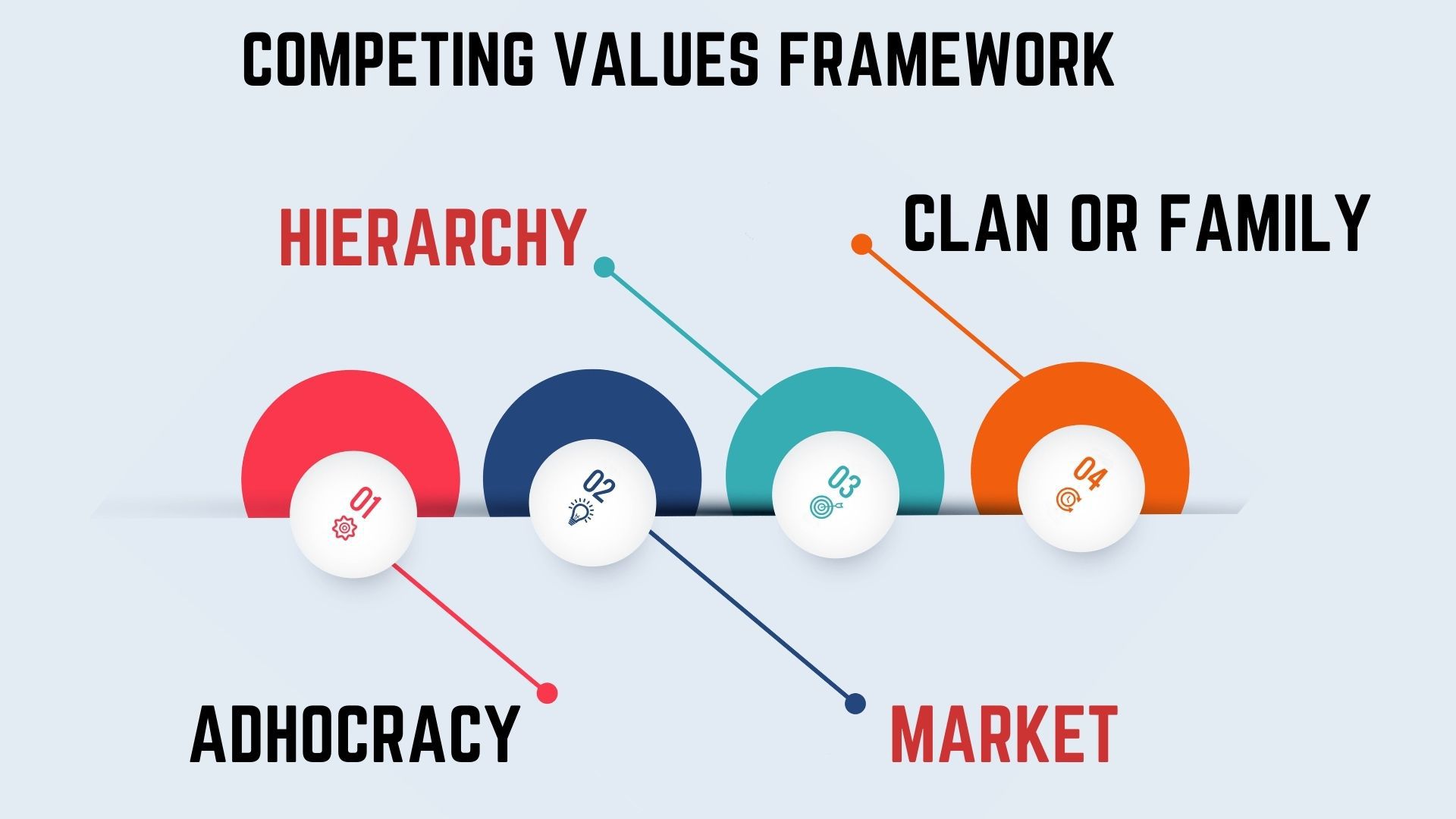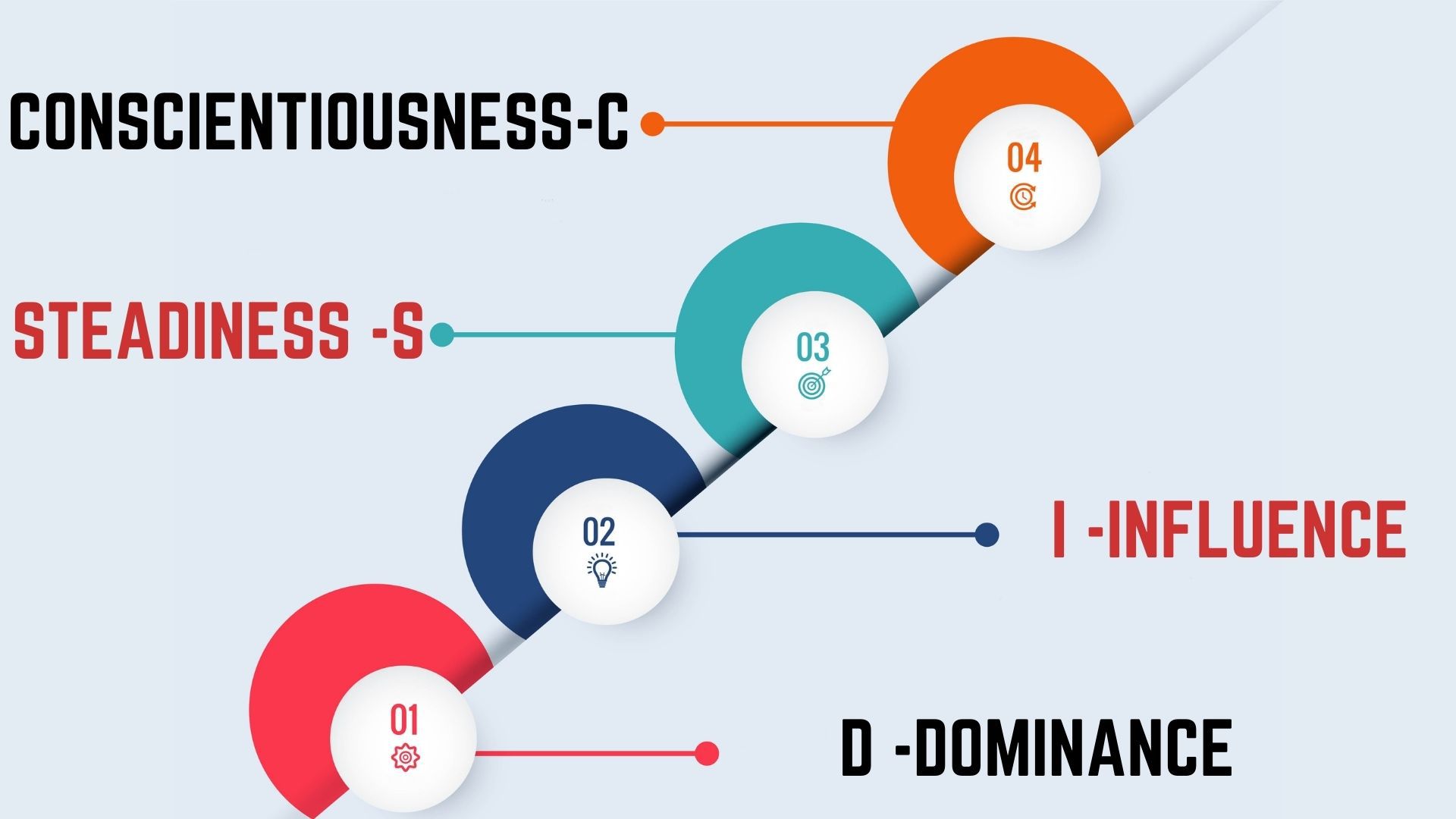Etiquette is defined as formal rules and manners that are considered sacred and acceptable in society. These have been established by convention for a very…
10 Basic Skills Every Employee Should Learn
Basic skills can be understood as those skills that we all need in our day-to-day lives. From study to personal to professional lives, basic skills…
What is Job Orientation? (with Purpose & Preparation)
Curious about what is job orientation? Want to know why new employees go through Employee Orientation Program? Then the first thing you need to understand…
Career Management: Meaning, Process and Objectives
Career management, in simple terms, is referred to as structured planning of the professional career through personal choice. This is a life-long process that also…
The 9 Important Types of Questioning Techniques
Knowing the answers will help you in school, knowing how to question will help you in life – Warren Berger The essential thing in…
Types Of Resources: Natural and Man-Made Resources
A resource is defined as something that is considered useful and valuable by human beings. It is a supply or a source that has utility…
Board Of Directors: Definition, Structure and Types
A board of directors is referred to as a group of individuals that represent the interest of the shareholders. They are elected by the shareholders…
15 Barriers To Change in Organisations you Should Know
The one thing that is certain in life is change as there are bound to be periods where major transitions occur. It will take place…
17 Common Barriers to Employment You Should Know
An organization needs its employees to carry out its work and boost the productivity and efficiency of a workplace. The workforce is an integral part…
10 Steps Involved in Career Progression Explained
Career progression is defined as the process of climbing the professional ladder in an individual’s work life. It is all about getting the most out…
What are Language Barriers? And How to Overcome Them
A language is an essential tool that assists in expressing feelings and stating facts through a formal system. It is a gift which helps in…
What is Competing Values Framework?
The competing values framework is a theory that has been useful in understanding and organizing individual as well as organizational phenomena. It includes theories related…
What is the DISC Model? Meaning and Working Explained
The DiSC model is defined as a personal assessment tool that assists in improving communication, sales, leadership, teamwork, as well as productivity. It is of…
How to Conclude An Essay Effectively (Strategy and Tips)
The conclusion or writing a good conclusion paragraph is referred to as the last paragraph in a paper, article, or essay that summarizes the mentioned…
How To Write A Case Study in 7 Steps (Complete Guide)
A case study is defined as well-organized research that includes an in-depth examination of a specific case. It can be related to a person, an…














